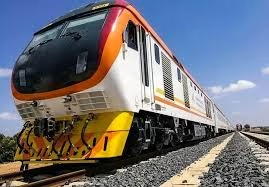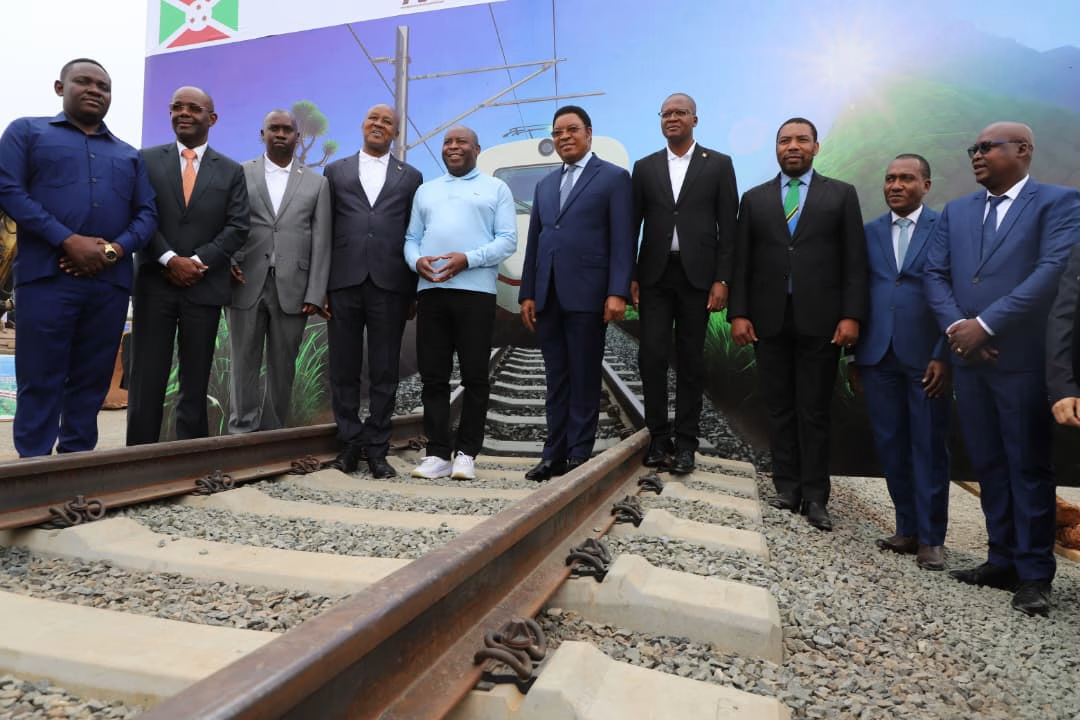Burundi’s first railway project takes shape as the nation lays its foundation to commence implementation of the multi-million-dollar endeavor. Burundi’s President Evariste Ndayishimiye laid the foundation stone last week to mark the auspicious occasion. Once completed, the project will be the nation’s first rail network. Furthermore, it will provide a direct link between Tanzania and Burundi. The landlocked African Great Lakes nation is among the poorest countries in the world. According to the World Bank, the majority of its citizens living beneath the international poverty line.
Ndayishimiye and Tanzanian Prime Minister Kassim Majaliwa laid the foundation stone of the 282-kilometre (175 mile) railway. The standard gauge railway project in Musongati will be 160 kilometres southeast of the capital Bujumbura. Moreover, the rail network will form part of the Central Corridor which will be a strategic trade route connecting inland economies to the Port of Dar es Salaam. Tanzania has had previous success with its rail projects such as its standard gauge railway project.
The Significance of Burundi’s First Railway Project
The significance of Burundi’s first railway project is one that cannot be overstated weighing the possibilities it will unlock. These remarks were reflected in the comments noted by the executive secretary of the Central Corridor, Flory Okendju. He noted that the railway will profoundly transform regional transport, reduce delays and transport costs. Furthermore, he noted that the project is expected to take six years to complete and will cover other regions. Okendju notes that the project will eventually extend to Uvira and Kindu in eastern DR Congo, with feasibility studies scheduled to conclude in May 2026. In his speech, Ndayishimiye said the railway will enable the country to exploit millions of tons of nickel, iron and platinum. The project also underscores East Africa’s commitment to improve its railway sector and improve economies through the Central Corridor.

“When I contacted mining companies for its exploitation, they asked me how we would evacuate all this ore, and I had no answer. This is truly the beginning of a robust development for Burundi,” he said. The country’s Prime Minister noted that the cash-strapped country saves $36 million a month on the imports and export transportation costs. For decades, the region has relied on thousands of trucks to transport goods to sea side ports. The estimated $2.1 billion cost of Burundi’s portion of the project is funded by the African Development Bank (AfDB). Furthermore, the Tanzanian bank CRDB will also facilitate in the project’s funding.

Leave a Reply